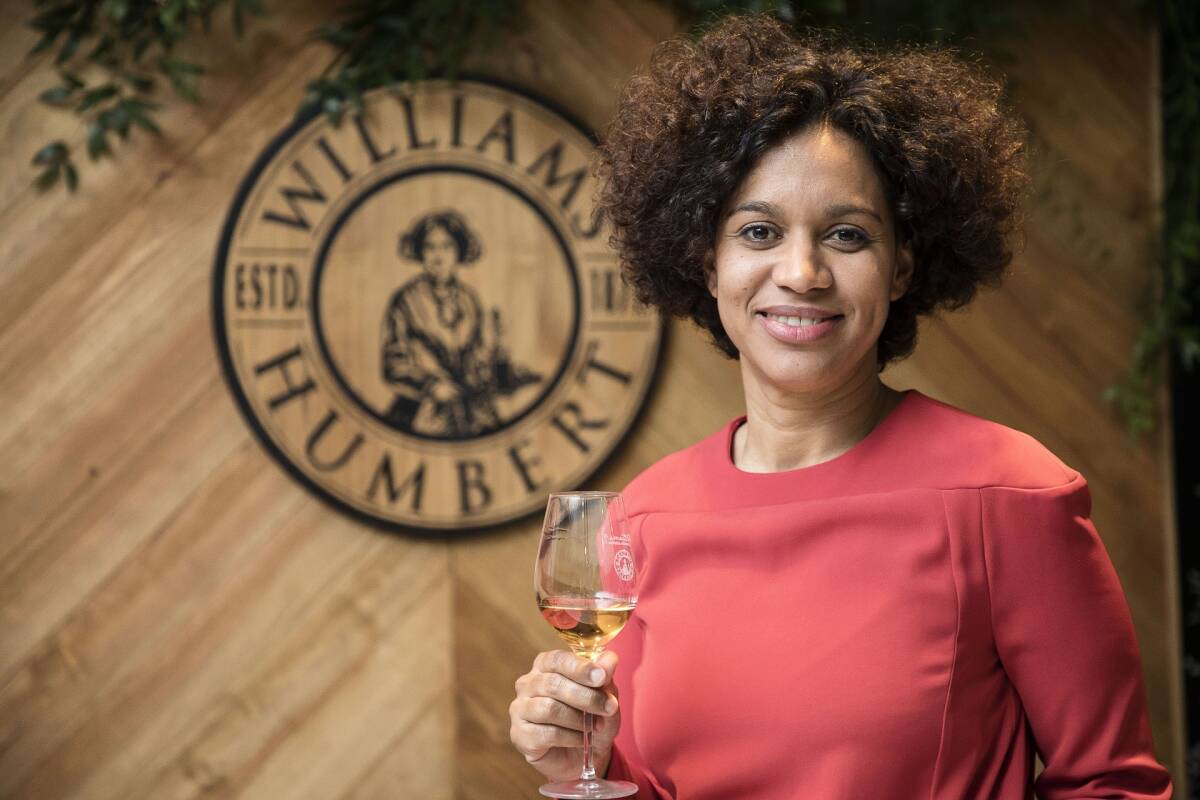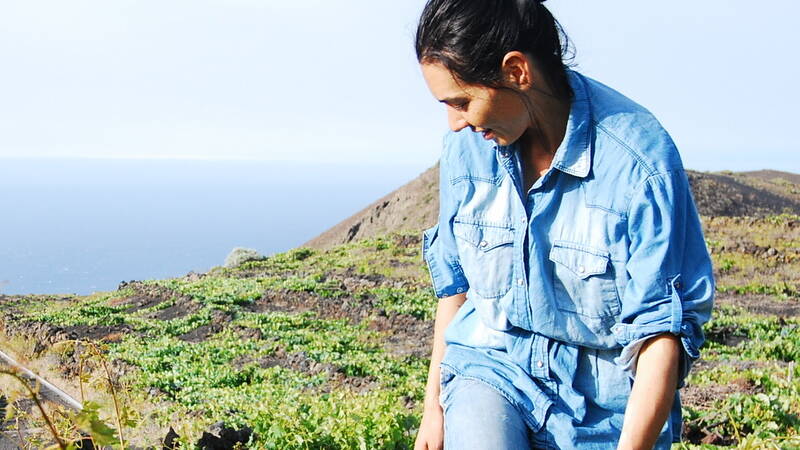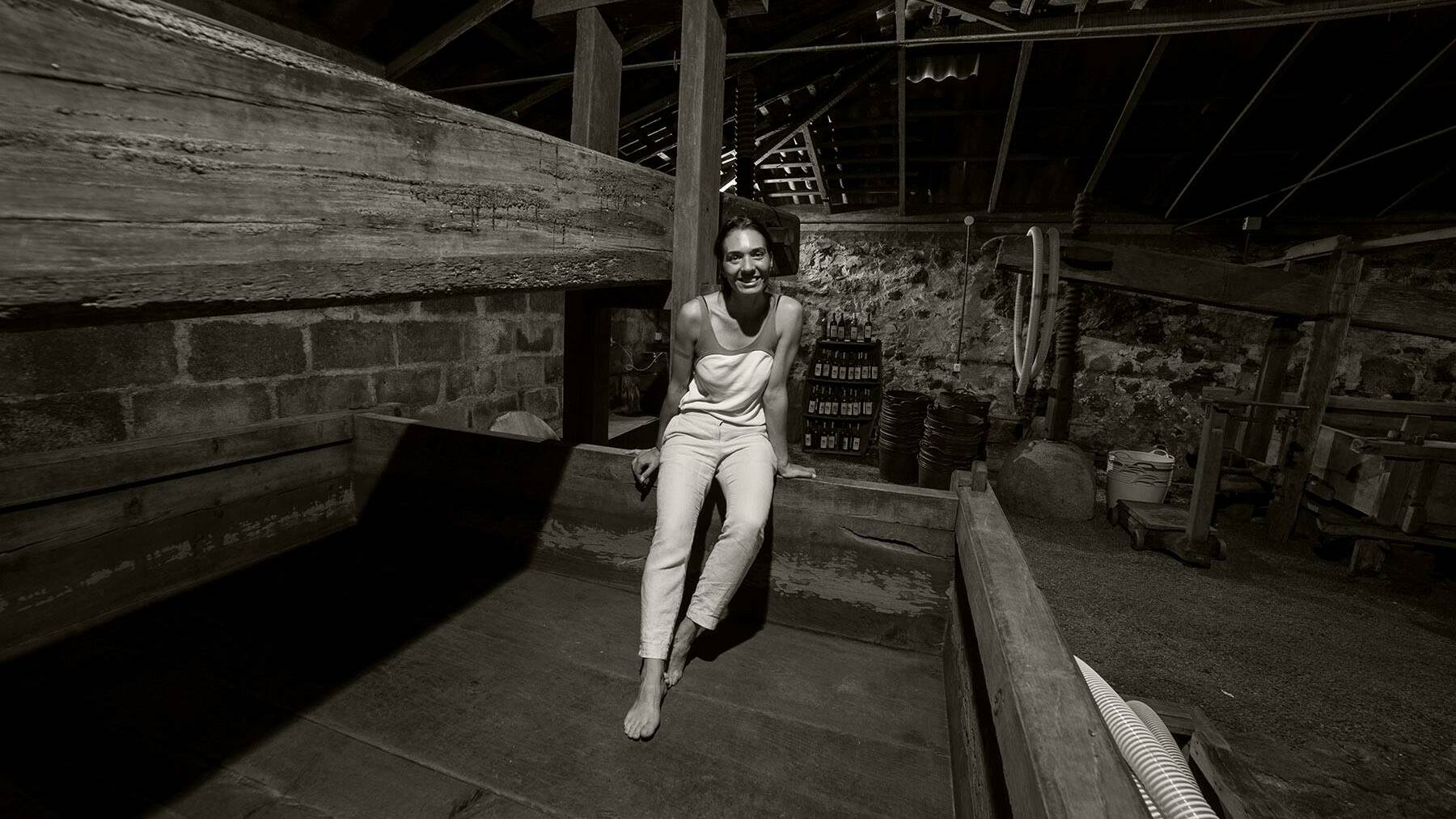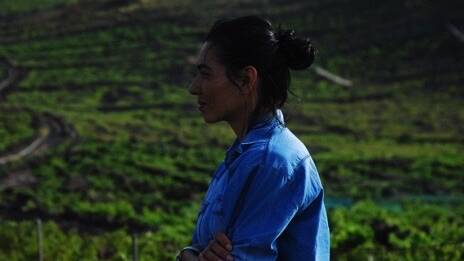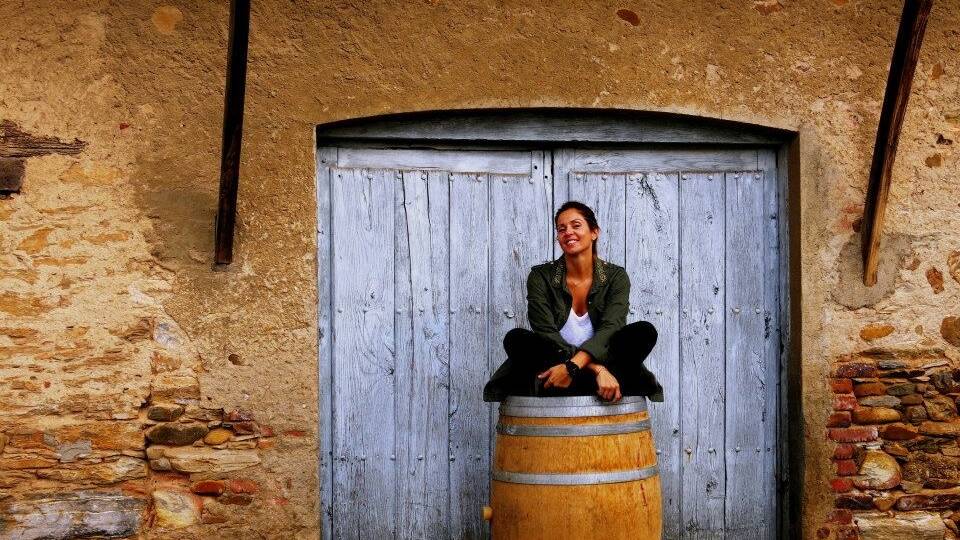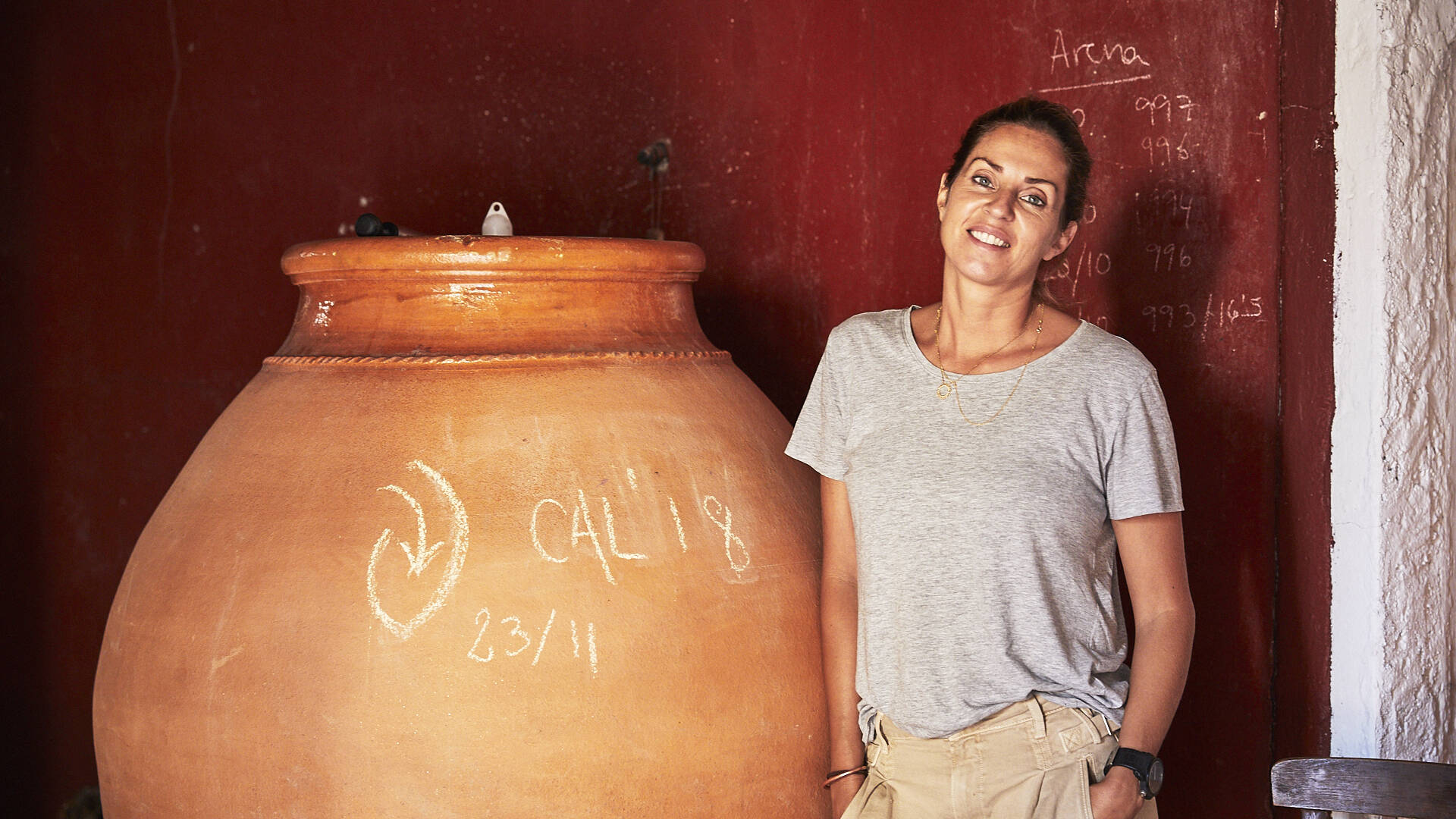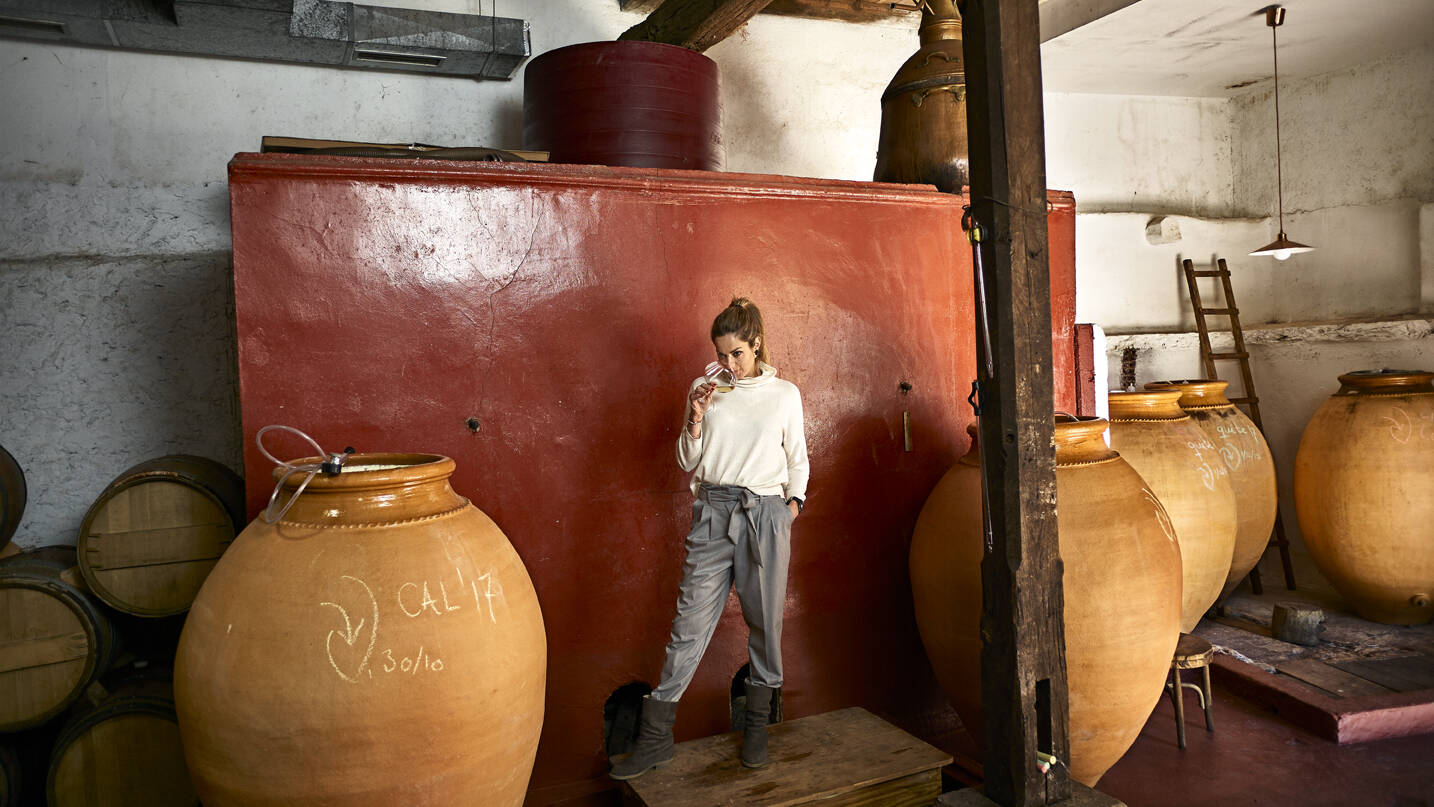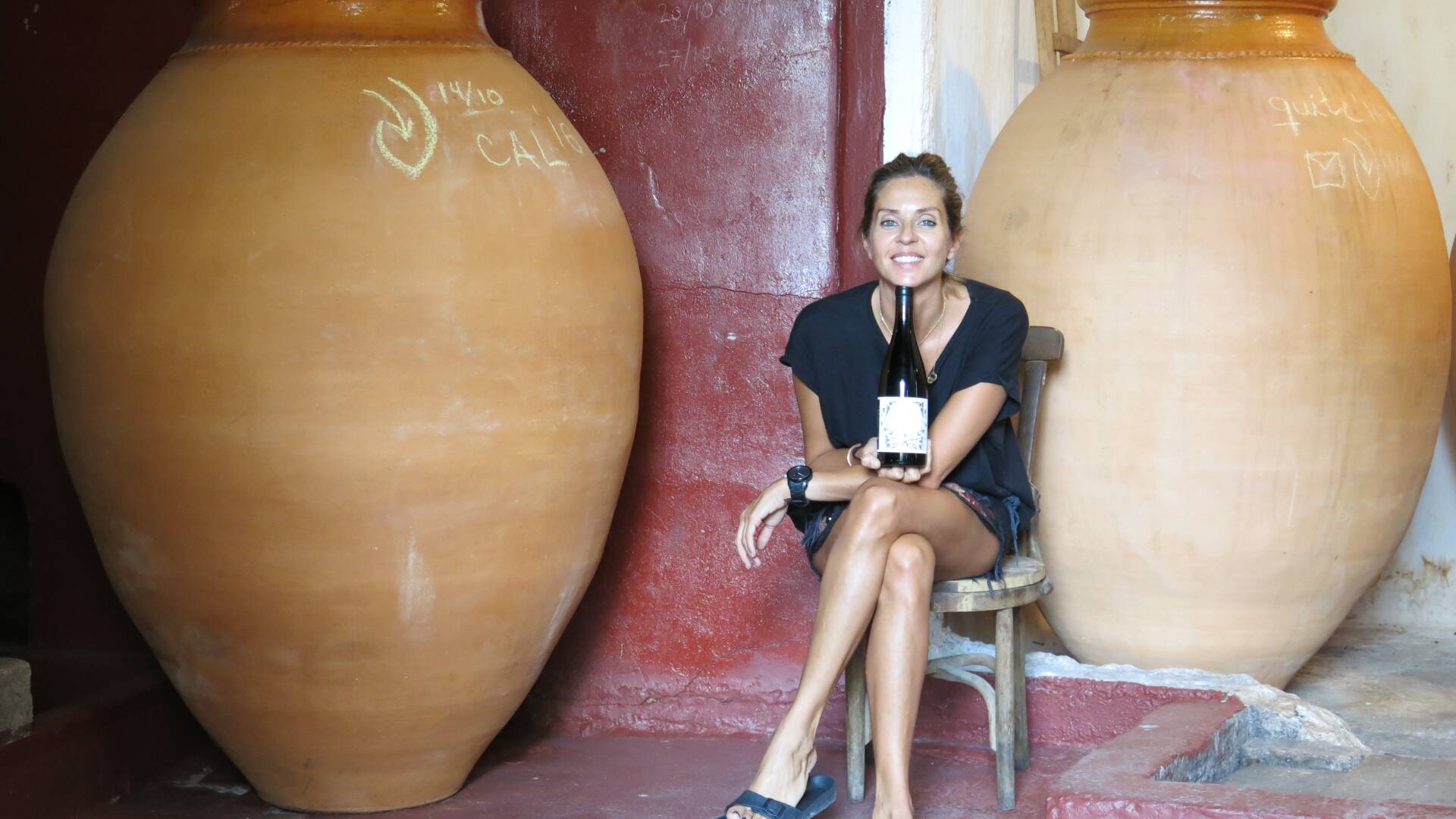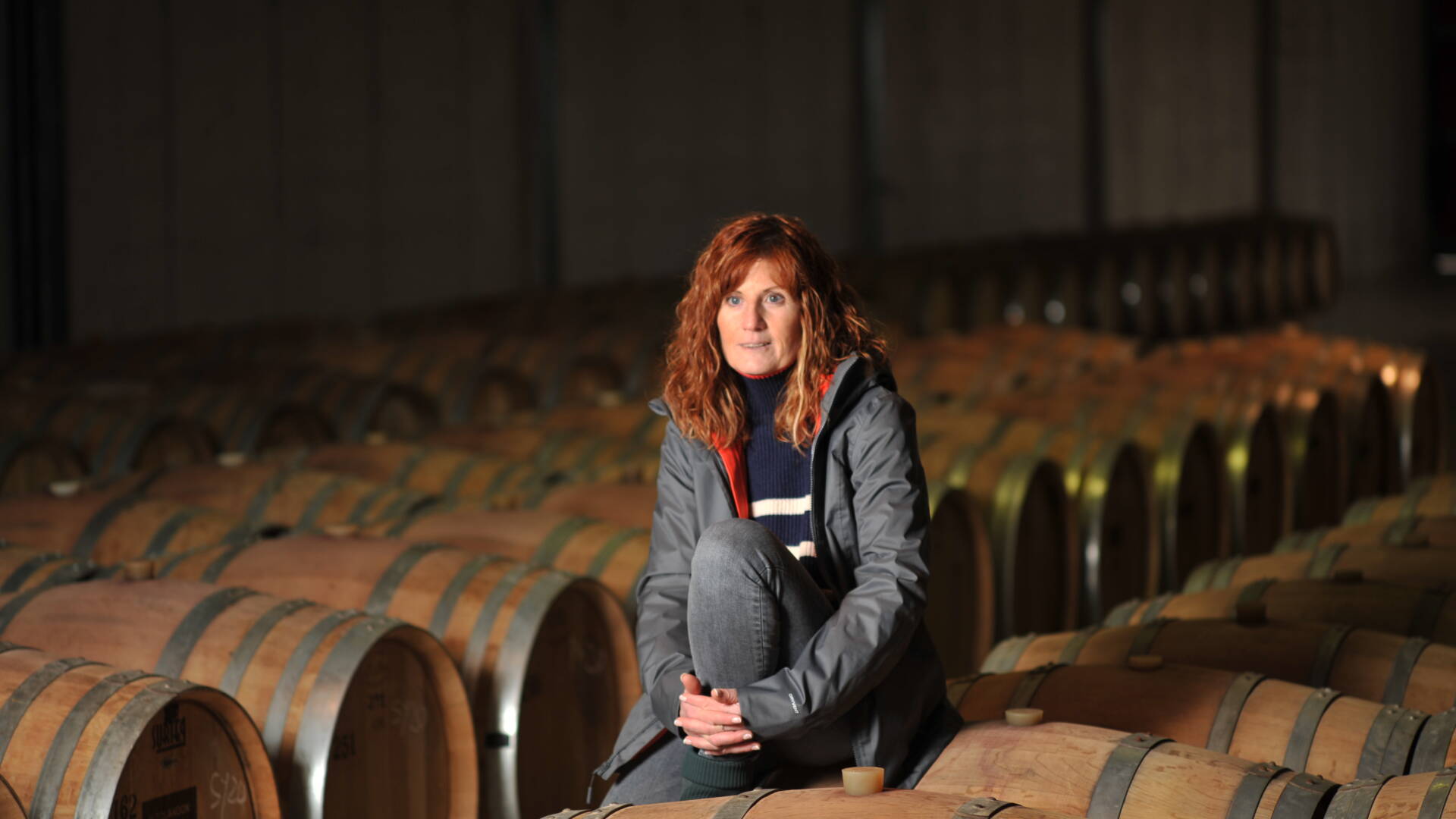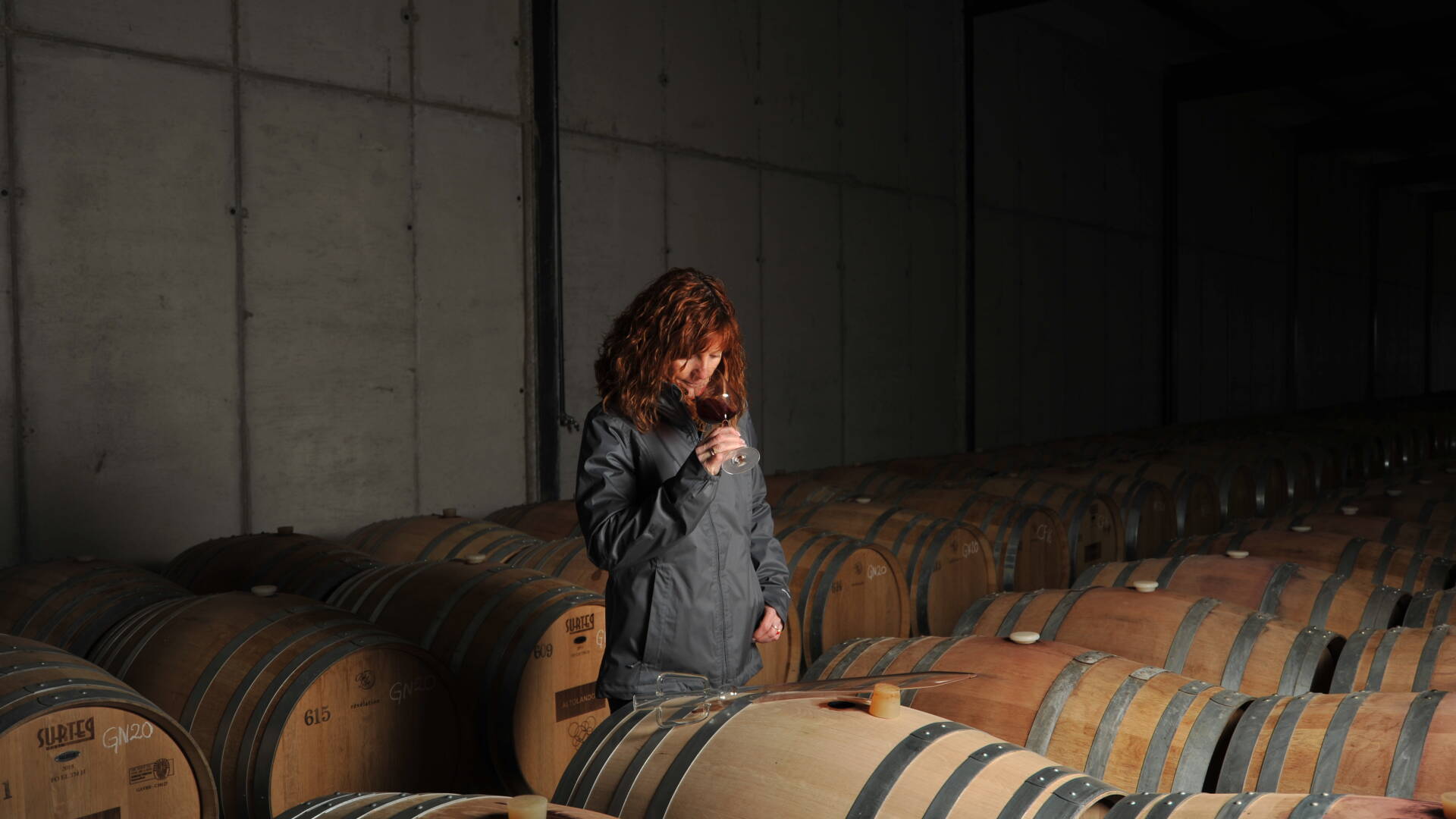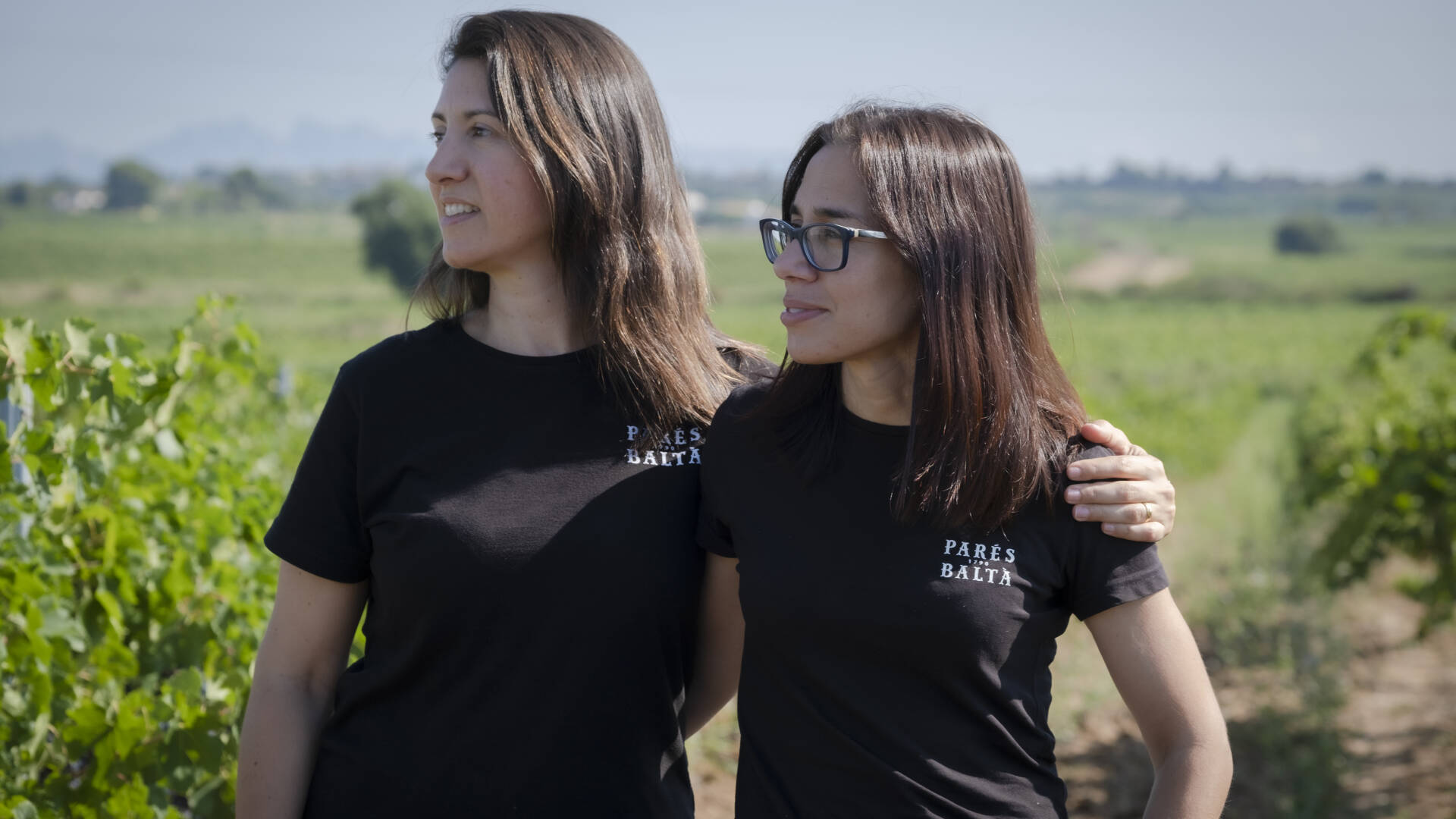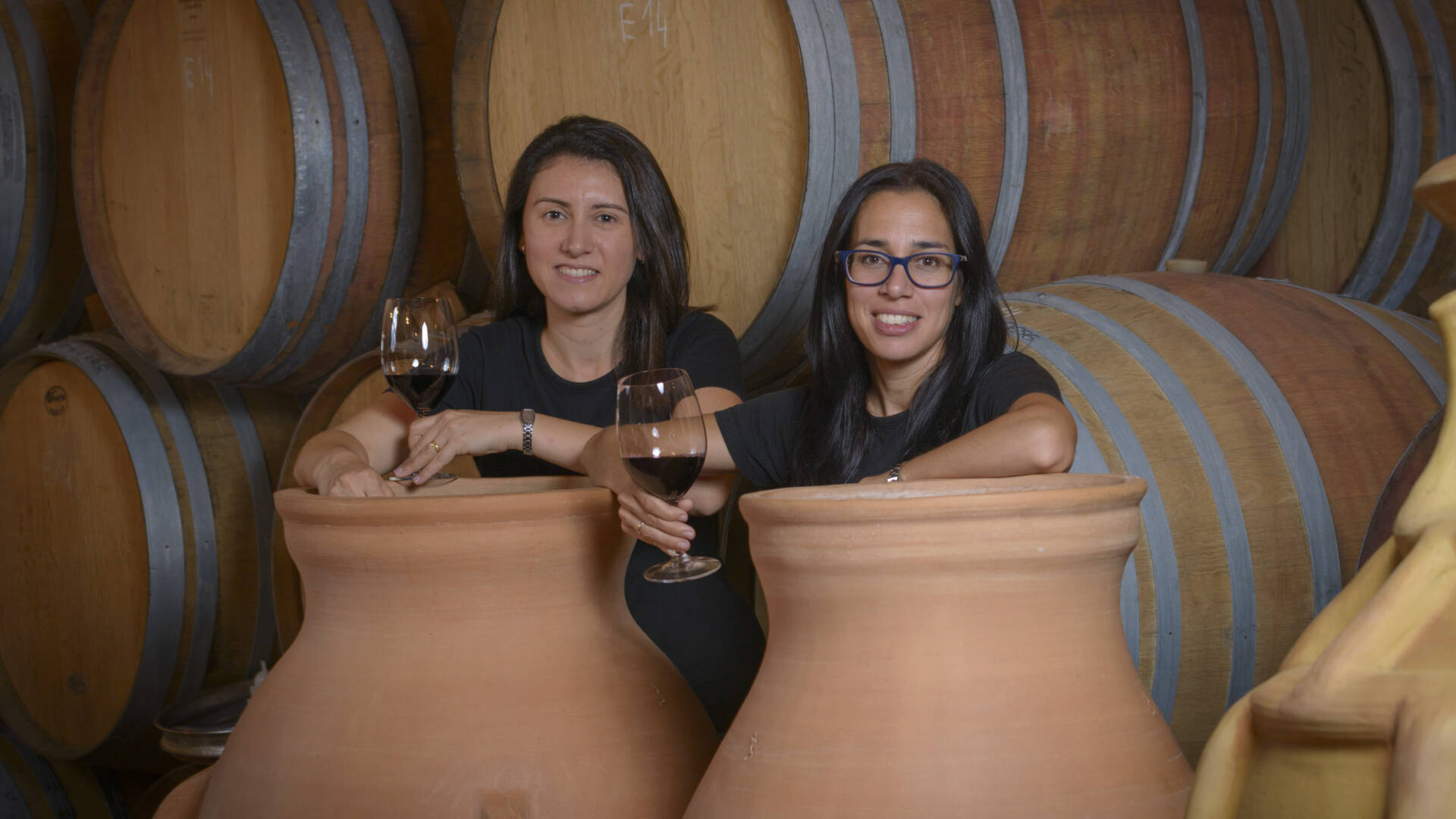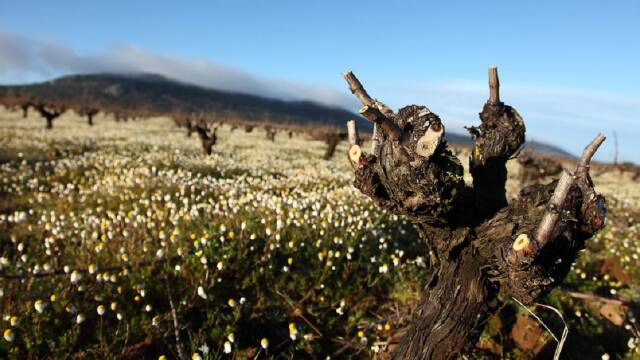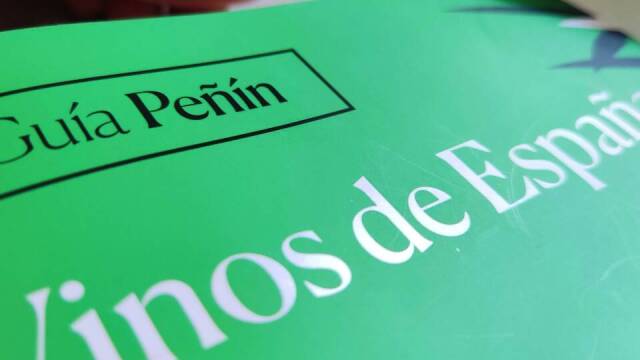What was the hardest thing for you when you started in the world of wine? Did you feel that being a woman could be a hindrance to your career?
Our case is quite different from the usual as it is a family winery.
Due to our scientific background (Marta - pharmacist and Maria Elena - chemical engineer) it was not difficult for us to study oenology at university and from the beginning we have had the support of our family to grow as oenologists.
Our fascination for the world of wine began with our husbands, because until we met them our paths were very different from the vineyard and wine. They knew how to pass on to us this passion for the vineyard and its expression in wine.
In addition, the patriarch, grandfather Joan, always encouraged us to follow his instructions in viticulture and winemaking in the way he understood nature best; the most natural wine possible. He gave us free rein to elaborate and continue treating the vineyard in an organic way, and later, when he left us, we got the spark to start the path of biodynamic agriculture.
Finally, our father-in-law, Joan, has always had full confidence in our work in all its directions, which says a lot about the character of the Cusiné family.
When did you begin to feel that the gender barrier was beginning to break down?
We have assimilated it over time, as the differences are more noticeable as you evolve in the workplace than when you decide to enter it. In university we were about 25 students, 10 of whom were girls. Little by little, as we entered the world of wine, we have grown to the point of creating networks and even groups in which we support each other, such as Mujeres del Vino (Women of Wine) or CavaWomen.
We could generalise by saying that women are more sensitive and capable of picking up on details that men overlook. But after 20 years of sharing tastings with all kinds of people, we are more inclined to talk about people, without differentiation by gender.
What has been the greatest satisfaction you have had in the world of wine?
Working with the vineyard and the wines is similar to the work of a gemstone polisher who recognises the value of the precious stone in front of him. For us, that precious stone is the grape, and we work in such a way that it can express its full potential and character.
We love to transmit sensations, emotions and the story behind each wine we make. To taste them and realise that each one has its own personality, and that thanks to grandfather Joan, we are now honouring his tireless effort, his years of suffering and also the unconditional support of his wife Rosa.
A family full of values, which they have passed on to us from day one and which we try to transfer to all the work of viticulture and oenology so that these wines can explain things to you at your table.

 Log in
Log in

